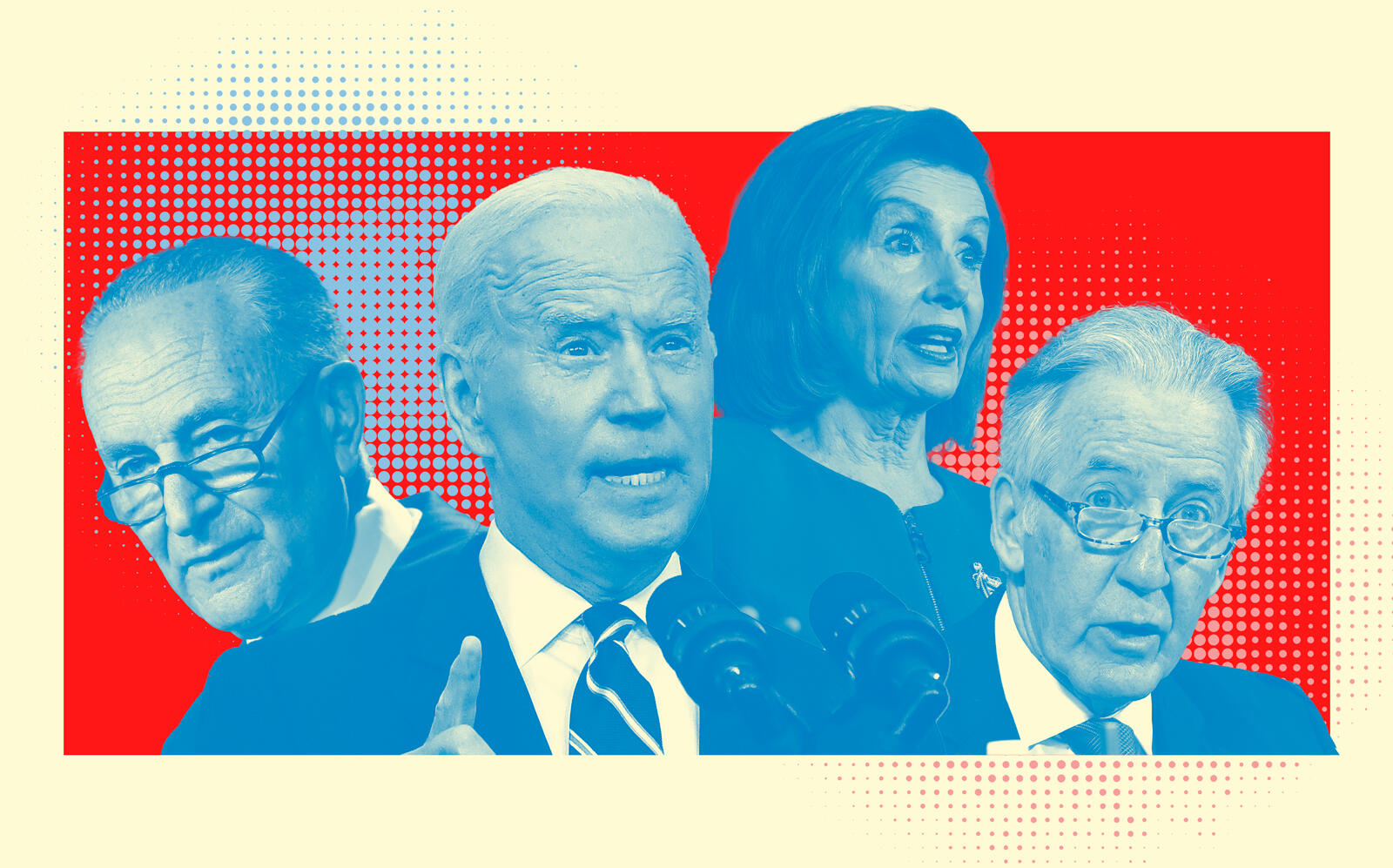Trending
5 real estate issues to watch in Dems’ $3.5T budget
Fate of 1031 exchanges hangs in balance

Federal lawmakers are hashing out a $3.5 trillion spending plan that could include billions of dollars for new affordable housing and incentives for cities to combat exclusionary zoning.
The House Ways and Means Committee on Monday outlined a series of tax reforms to help pay for the plan, including increases to the corporate tax rate, capital gains taxes and a 3-percentage-point surtax on individuals making more than $5 million a year.
Lawmakers are still drafting the spending plan, with congressional committees submitting recommendations through the reconciliation process — a faster path to approval that avoids a Republican filibuster in the Senate.
Nothing is final, but several proposals on the table could affect real estate. Here are five to watch as the debate heats up in the coming weeks:
1) 1031 exchanges safe, for now
The exchanges allow real estate investors to defer capital gains taxes by shifting the proceeds from a sold property into a new one. President Joe Biden has proposed eliminating the tax break for gains of more than $500,000.
Though the beloved, like-kind exchanges were not mentioned in the series of tax proposals laid out by House Democrats on Monday, it is too soon for real estate investors to celebrate. New tax treatments for such deals could appear over the next few days as the Ways and Means Committee marks up its spending proposals and debates tax reform.
“We’re very encouraged,” said Suzanne Baker, executive vice president at Investment Property Exchange Services, “but nobody’s doing a victory lap yet or taking a nap.”
2) Ditto on SALT
Though the $10,000 cap on federal deductions for state and local taxes was not addressed in the latest proposals, some Democratic lawmakers have made clear that they plan to target it. In a joint statement on Monday, House Ways and Means Chairman Richard Neal, New Jersey Rep. Bill Pascrell Jr. and New York Rep. Tom Suozzi said Biden’s Build Back Better plan “is complex and will be shaped and crafted continuously to get it right.”
“With Speaker [Nancy] Pelosi, we continue to work among our colleagues and the Senate to undo the short-sighted capping of SALT by Republicans,” they said. “We are committed to enacting a law that will include meaningful SALT relief that is so essential to our middle-class communities and we are working daily toward that goal.”
3) Affordable housing financing
The House Ways and Means Committee has recommended a change to Low Income Housing Tax Credits long sought by affordable housing groups. In a proposal released Friday, the committee included a change to the so-called “50 percent test,” which requires at least half of a development to be financed through private activity bonds to be eligible for such tax credits. The committee is seeking to reduce that threshold to 25 percent for buildings financed between 2022 and 2028.
4) Grants for zoning reform
The House Committee on Financial Services has included Biden’s “Unlocking Possibilities Program” in its reconciliation budget bill. The program creates a $4.5 billion program that will provide grants to localities that, among other requirements, enact zoning or policies that “reduce barriers to housing supply elasticity and affordability” and craft housing plans that curb segregation and displacement.
5) Money for alternative housing models
The Committee on Financial Services’ proposal includes $500 million to help create or maintain community land trusts and buildings with shared-equity homeownership. It would provide technical support and guidance on “capacity building” for grant seekers.
Financing has proven a major hurdle for community land trusts, in which a nonprofit controls a property through a long-term ground lease. If using a homeownership model, the land trust sells the home to low- to moderate-income buyers at a discount, then restricts pricing upon resale to ensure long-term affordability.




